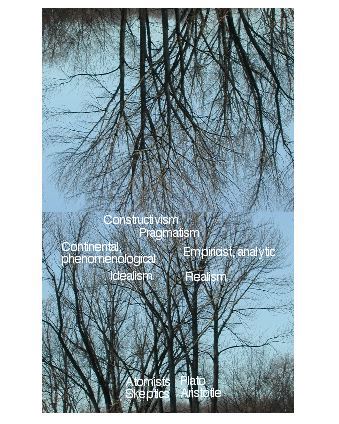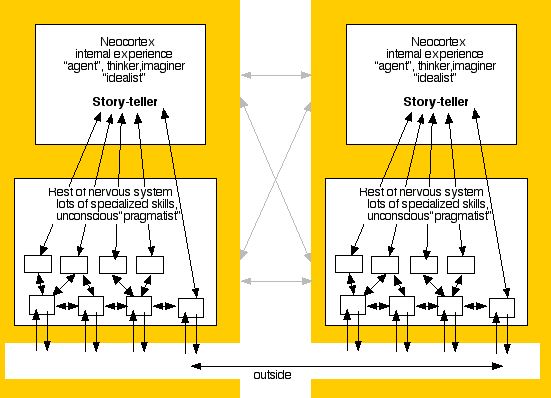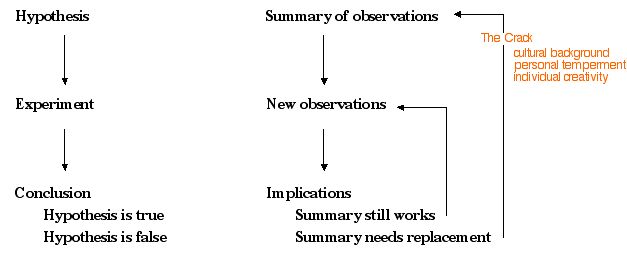| Evolution, Emergence | Neurobiology |
|---|---|
 |
 |
|
|
Re-Thinking Philosophy of Science?
IV. Implications of Evolution, Emergence, and Neurobiology for Philosophy of Science http://serendipstudio.org/sci_cult/philsci/s05/19april.html
| Evolution, Emergence | Neurobiology |
|---|---|
 |
 |
|
|
Revisiting Science in Culture: Science as Story Telling and Story Revising (see also A Conversation)

Richard Rorty, A Pragmatist View of Contemporary Analytic Philosophy
"... the great divide is between representationalists ... and antirepresentationalists .... Representationalists are necessarily realists, and conversely. For realists necessarily believe that there is one, and one one, Way the World Is In Itself, and that there are "hard" areas of culture in which this Way is revealed. In these areas, there are "facts of the matter" to be discovered, though in softer areas there are not. By contrast, antirepresentationalists believe that scientific, like moral, progress is a matter of finding ever more effective ways to enrich human life. They make no distinction between hard and soft areas of culture ... Realists think of antirepresentationalists as antirealists, but in so doing they confuse discarding the hard-soft distinction with preaching universal softness
The realist conviction that there just must be a non-human authority to which humans can turn has been, for a very long time, women into the common sense of the West. I think it would be a good idea to reweave the network of shared beliefs and desires which makes up Western culture so as to get rid of this conviction ..."
Your thoughts? Welcome in course forum area.
| Course Forum | Course Home Page |
| Science in Culture
| Serendip Home |